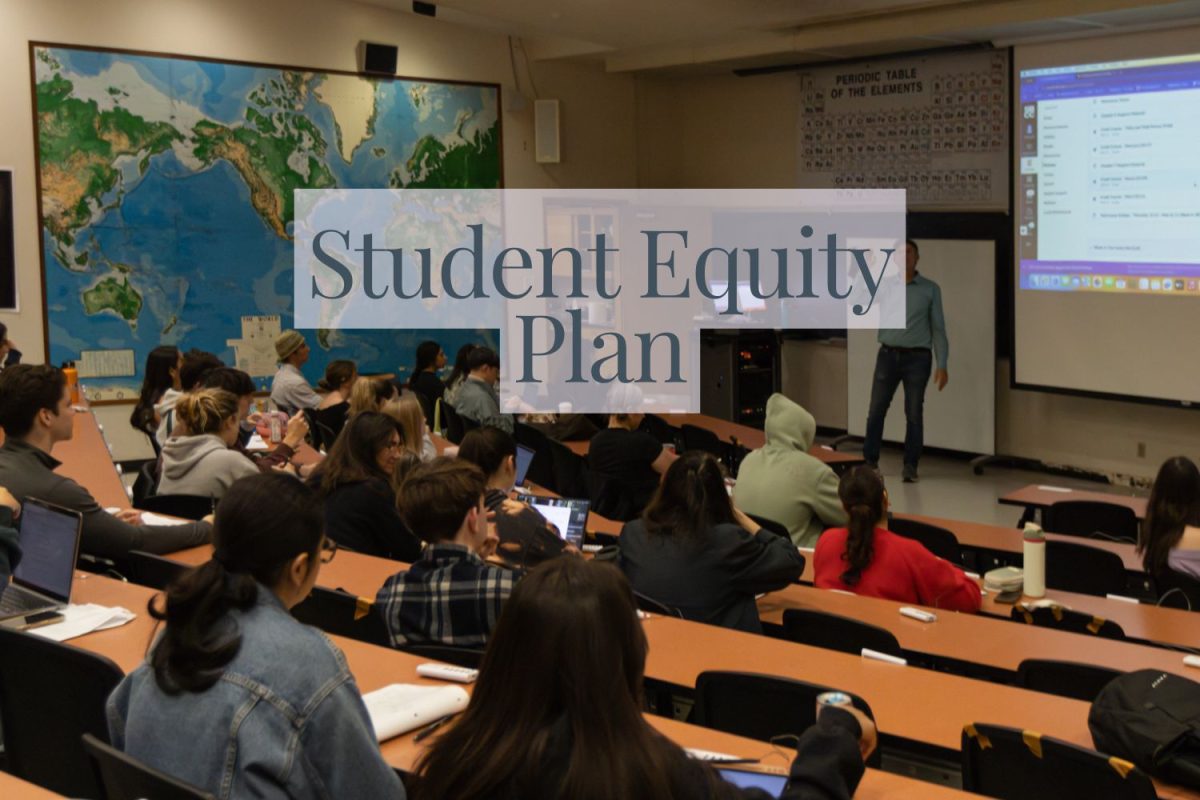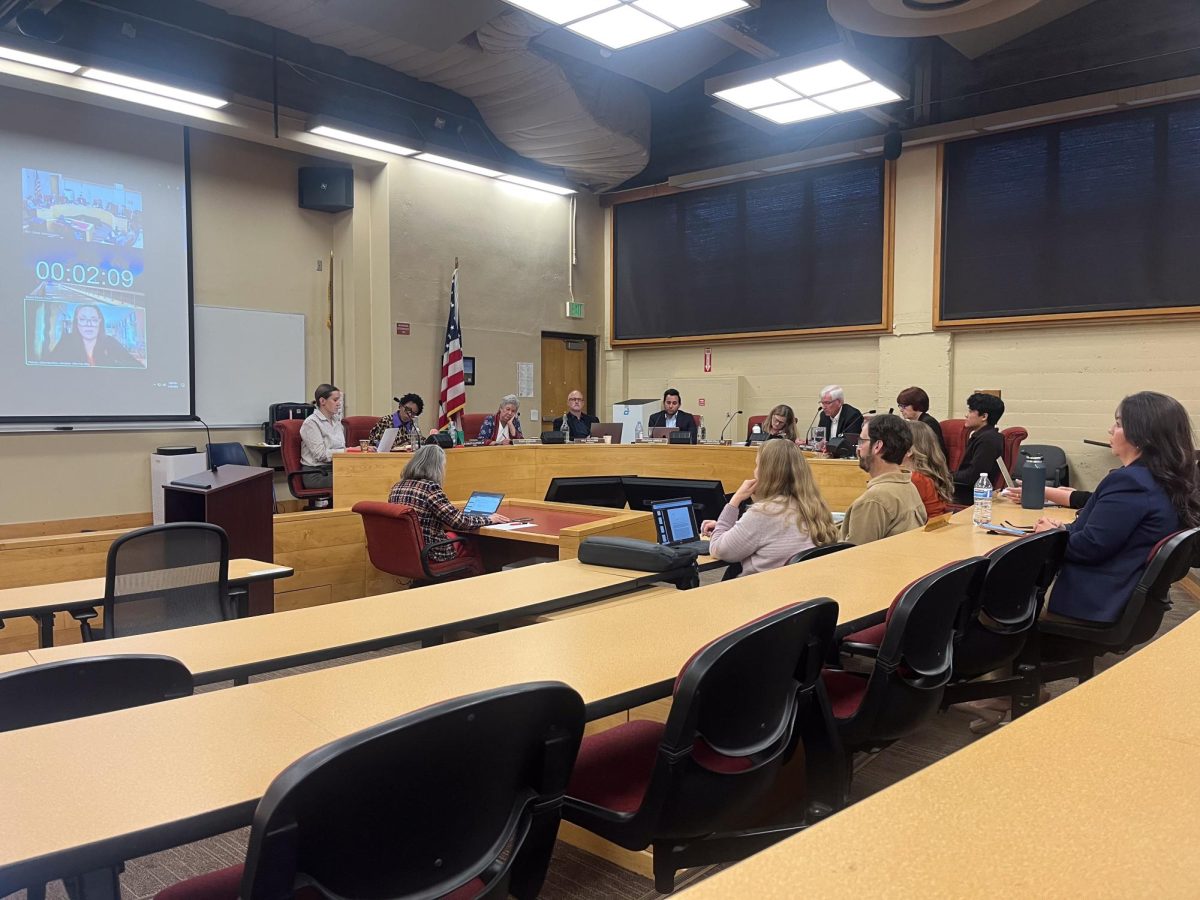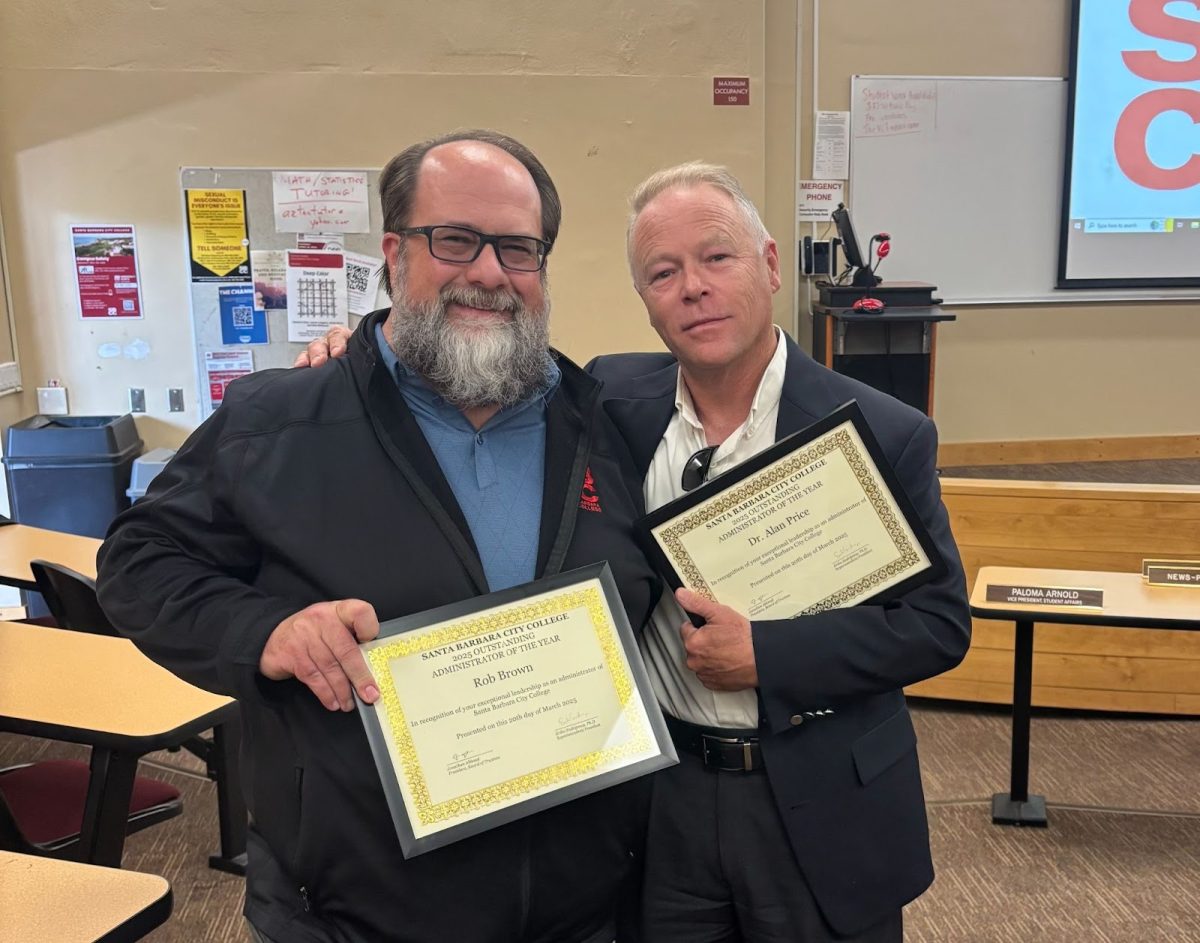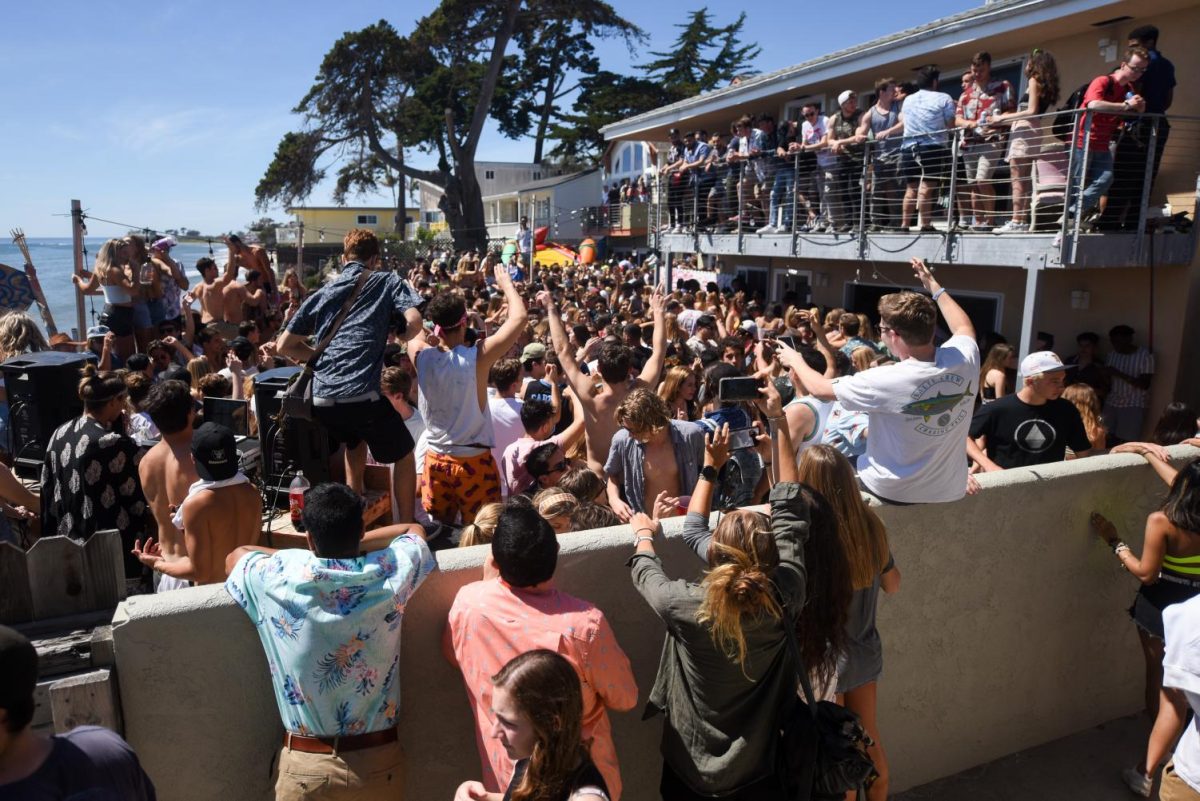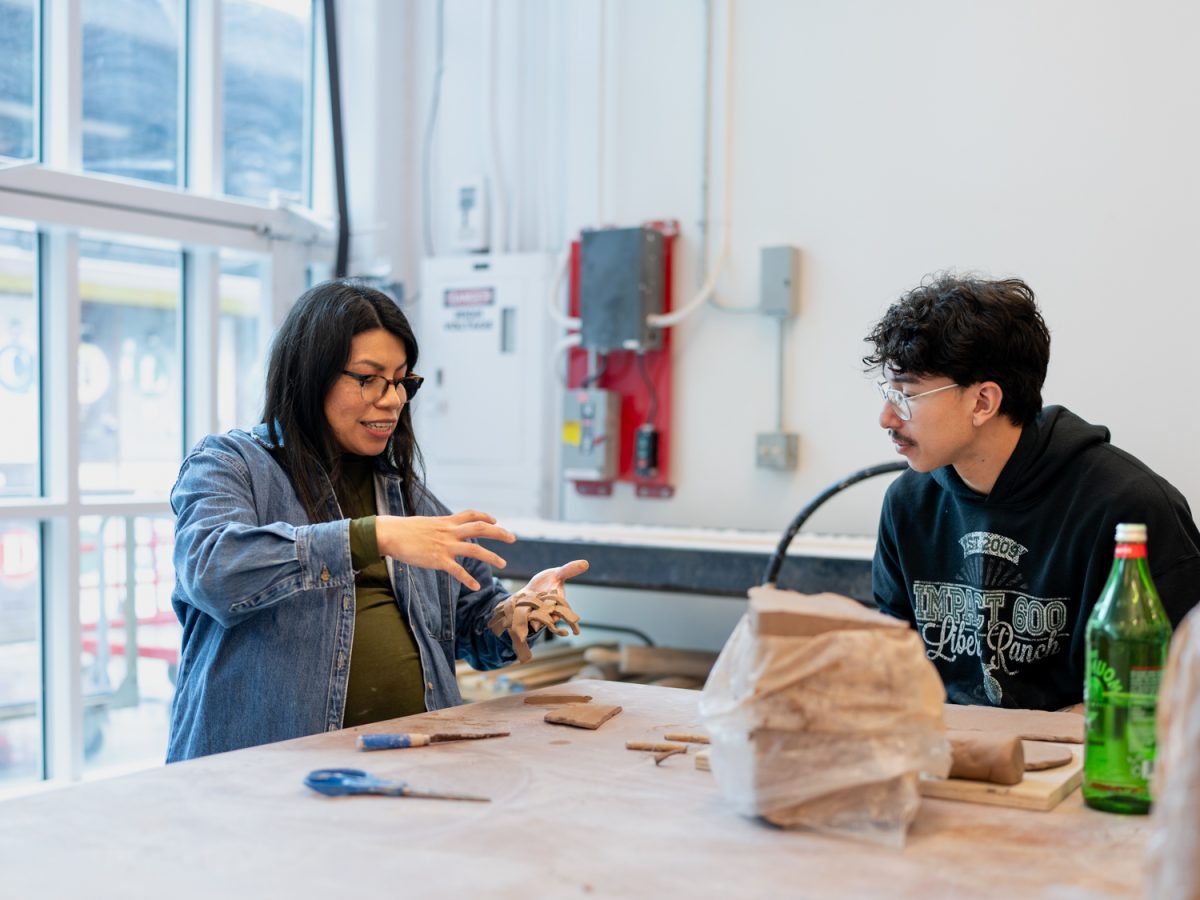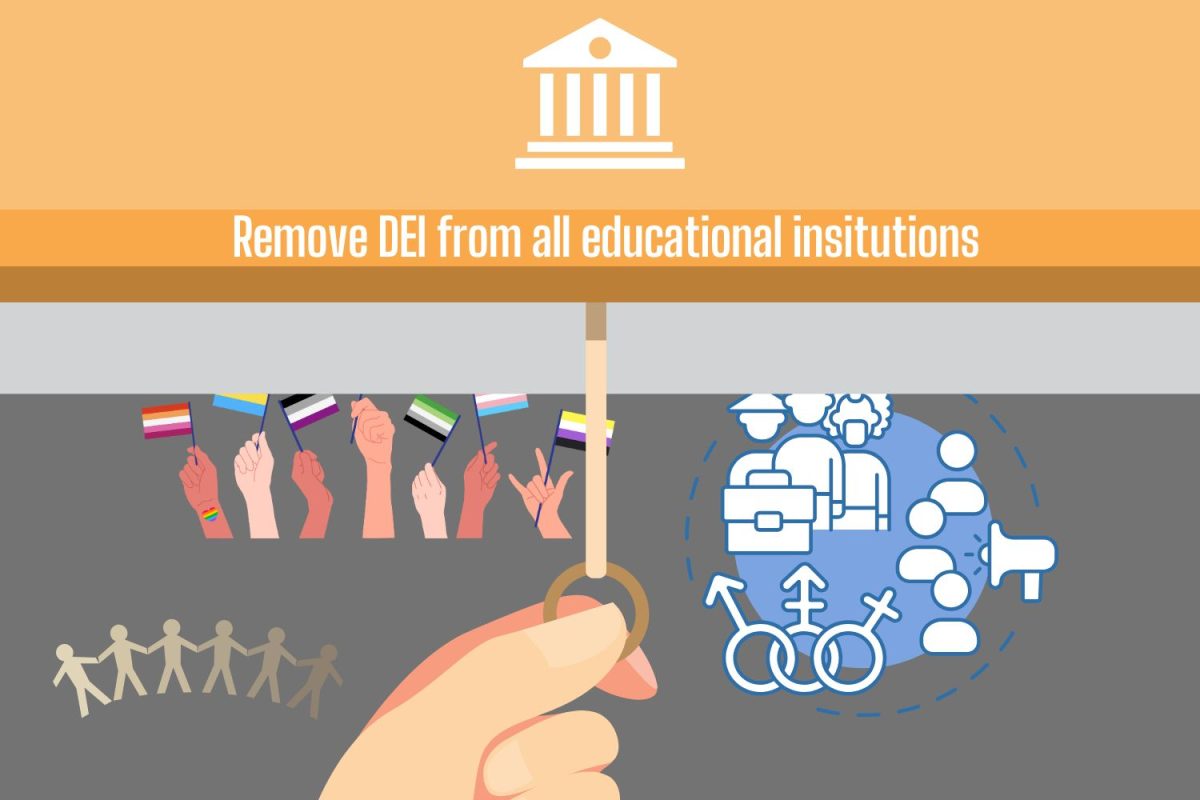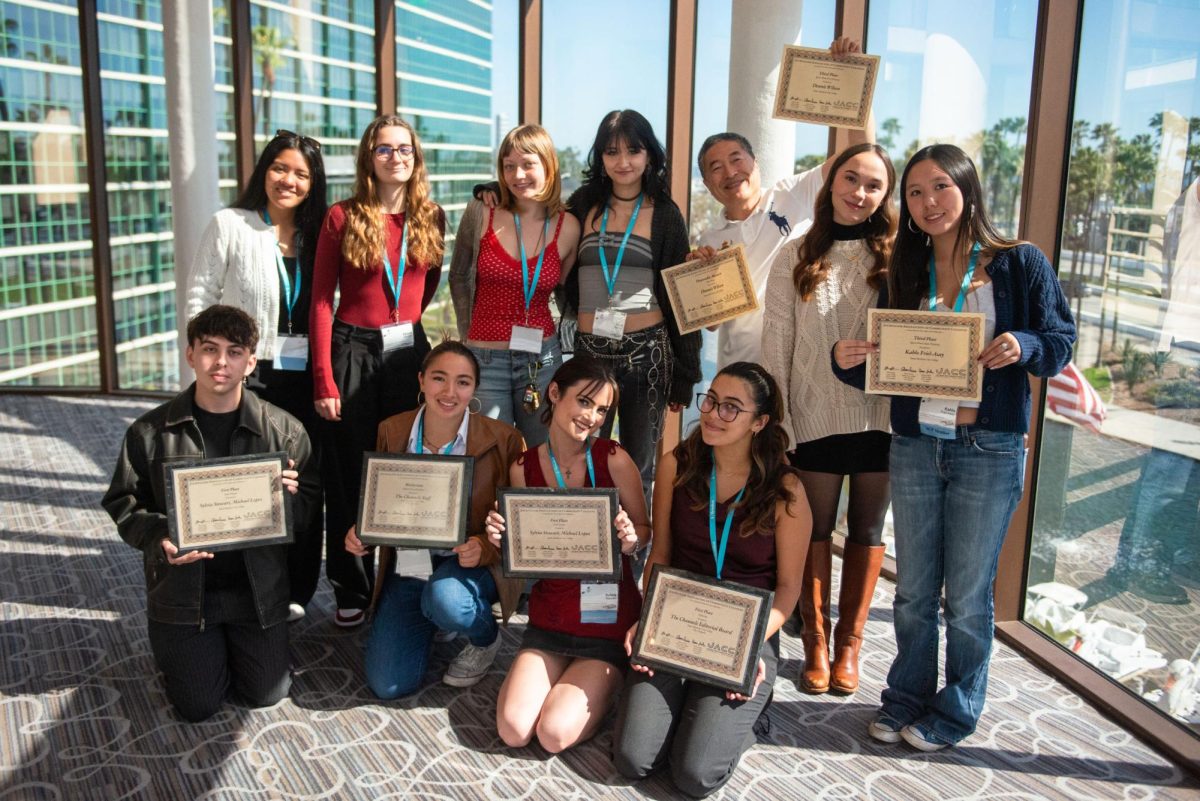Heated debates broke out at the Academic Senate meeting Wednesday after the senate decided to create a work group to brainstorm new ways to combat racism.
“Why are we not believing our students, faculty and staff with color if they say what they are experiencing on campus on a regular basis?” said Ellen Carey, a librarian and assistant professor.
In response to the months of controversy surrounding racial equity, the senate decided to put together a work group comprised of members to begin drafting their own resolution.
The selected members will report back at the next meeting in two weeks with ideas for the resolution and will present it to the rest of the members. From there, the members will meet with their departments for further discussion.
The senate agreed at its last meeting to create a google document for faculty members to include their ideas on ways to resolve this issue.
After reviewing the document, it became clear that many faculty members do not agree that racism is an issue on campus.
Christopher Ulivo, representative of fine arts, said that those who find issues with this resolution should not be given any attention.
“Everyone who thinks [the resolution] would be controversial, is not worth listening to honestly,” Ulivo said.
Despite a significant amount of faculty members disagreeing that there is an issue of racism on campus, many senators decided to proceed with creating a resolution.
“Even a resolution is the most minimal thing we can do,” said Danielle Swiontek, representative of social sciences. “And I hate that we are here and that we are somehow not able to do more.”
Stark said that many of those who commented on the lack of racism might not have a clear understanding of America’s racial history.
“I think it is a lot easier to teach white people about white privilege than to call them racist,” Stark said. “Because if you call them racist, they are immediately offensive.”
Swiontek agreed with Stark.
“I think in addition to the resolution, we need to some history lessons for faculty or talks people can attend, there really is a misunderstanding what U.S. history is,” Swiontek siad.
“We need to have something in this resolution about creating a climate of support for victims of racism,” said Dolores Howard, representative of the School of Modern Languages and English as a Second Language Department. “I hope whatever we put in this document would be able to firm that we support working towards trying to find support for victims of racism.”
The next senate meeting will be held on March 13.




